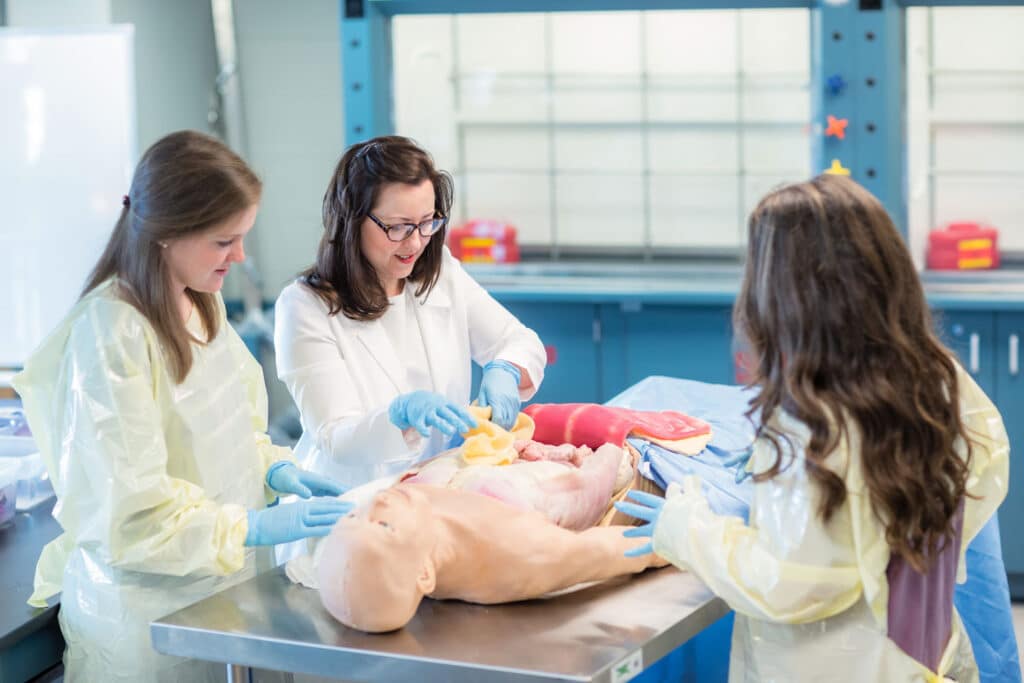
Biomedical Engineering Minor
The medical field has taken huge strides in recent years, with biomedical engineers playing a critical role in cutting-edge technology and research advancements for enhancing lives. Students pursuing a minor in biomedical engineering have a unique opportunity to be instruments of change in a field dedicated to improving patient outcomes and societal impact as they learn the basics of the biomedical engineering field.
Program Overview
The Tickle College of Engineering offers a minor in biomedical engineering to those undergraduate students whose academic history provides the prerequisites for the courses required by the minor. The curriculum builds on basic foundations of the biomedical engineering field through the completion of a minimum of 18 credits which cover topics such as cellular and molecular biology, anatomy and physiology for engineers, and more. Some of the courses used in the minor may also satisfy requirements for the student’s major.
Why Get a Minor in Biomedical Engineering?
Students passionate about biomedical engineering will find this program offers a basic foundation of understanding in critical areas of the field to build on specialized skills and expertise. Pursuing a minor in biomedical engineering is a great way to clarify interests and create a more robust academic experience for engineering majors or other students interested in learning more about the biomedical engineering field.
Featured Courses
Below are some of the courses that students in our program can choose to take. For a list of all courses, visit the undergraduate catalog.
BIOL 160 Cellular and Molecular Biology
Intended for science majors, an introduction to the major biological concepts emphasizing the cellular and molecular aspects of life. Organized along themes of evolution, structure and function, information flow, exchange and storage, pathways of energy and matter, and systems.
BME 205 Anatomy and Physiology for Biomedical Engineers
Introduction to the fundamental principles of human anatomy and physiology essential for the study of biomedical engineering. This course is designed to expose students to the fundamentals of biology and how medical devices interact with biological systems to diagnose and treat human disease.
BME 474 Biomaterials
Metals, polymers, and ceramics utilized in orthopedic, cardiovascular, and dental surgical implant devices. Corrosion and degradation problems. Material properties of primary importance and tissue response to synthetic materials.
BME 341 Fluid Mechanics for Biomedical Engineers
Introduction to fluid flow concepts, mass transport, and heat transfer in biological systems.
Admissions and Aid
Choosing the right university to pursue an engineering degree is an important decision—and a significant investment. We want to make sure that you have the information you need to both apply and make attending UT affordable.


Ready to Join Us?
See yourself on Rocky Top? We’ve made it easier than ever to apply for admission. Learn more about our admission requirements and the steps to apply to be an Engineering Vol.
